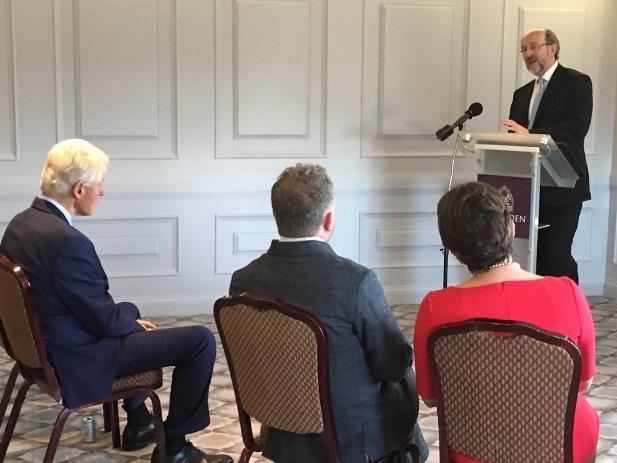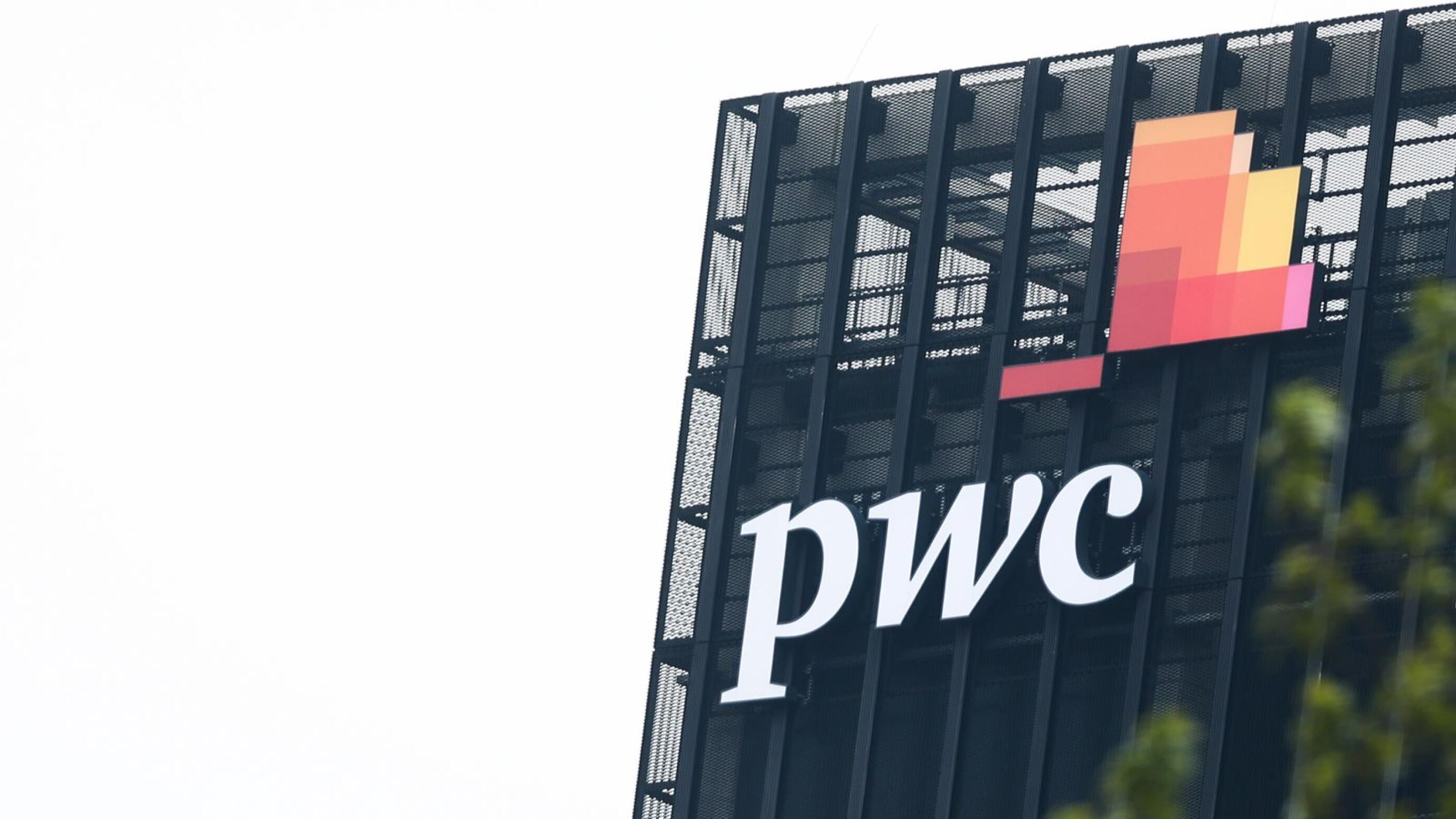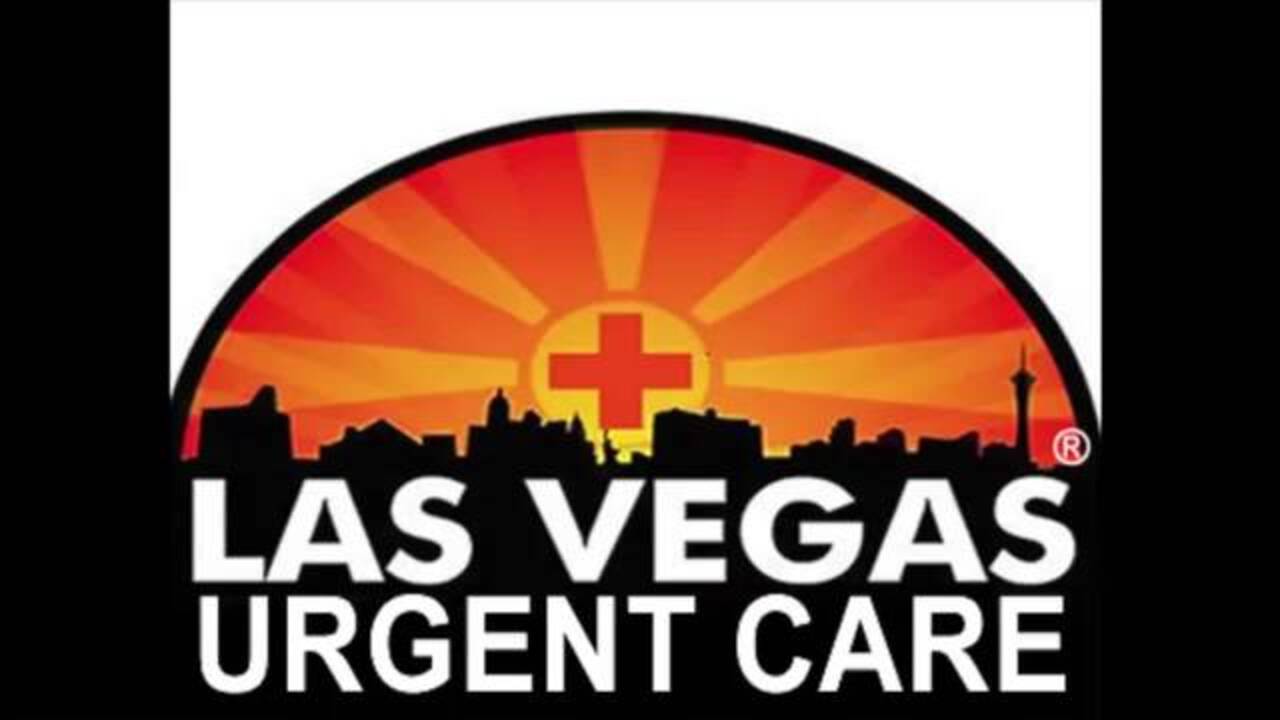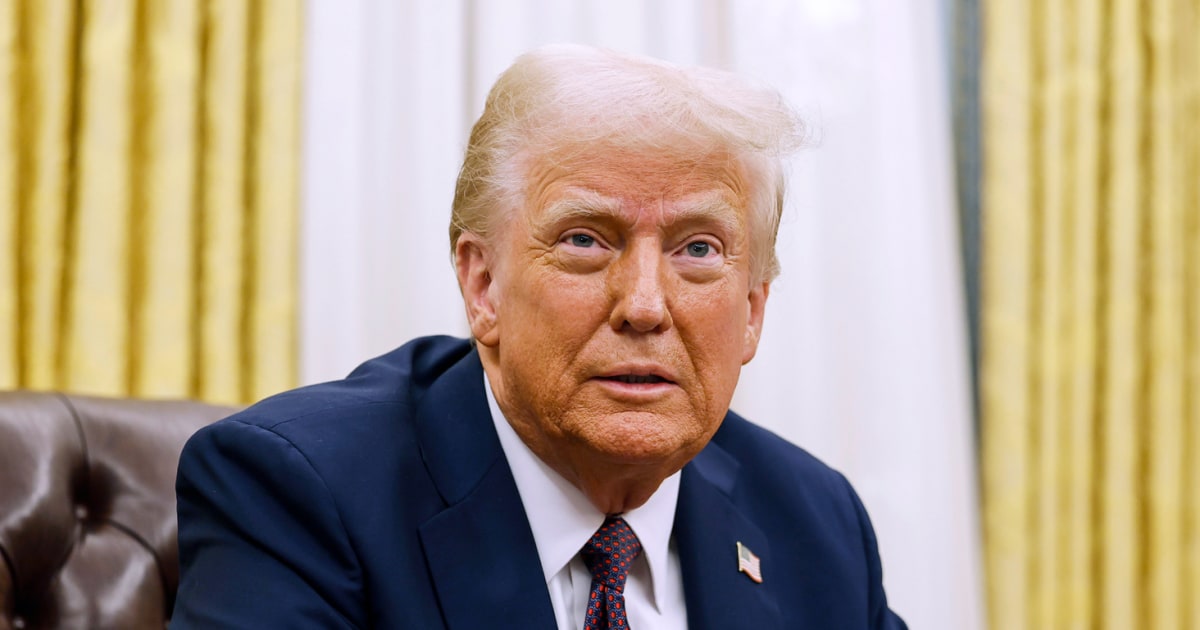Exclusive: Ivy League Universities Unite Against Trump Policies

Table of Contents
Specific Trump Policies Targeted by Ivy League Institutions
The Ivy League's opposition isn't generalized; it's focused on several key areas where Trump administration policies directly threatened their core values and operations. Key targets include immigration policies, environmental regulations, and funding cuts impacting crucial research initiatives. This united front demonstrates a powerful rejection of policies perceived as harmful to higher education and the nation's progress.
-
Immigration Policies: Open letters from numerous Ivy League presidents condemned the travel ban, highlighting its detrimental effects on international students and faculty. These policies, they argued, threatened the diversity and global collaboration essential to academic excellence. Universities actively worked to support affected students and scholars. Harvard, Yale, and Princeton, among others, launched initiatives offering legal aid and financial assistance.
-
Environmental Regulations: The rollback of environmental regulations under the Trump administration drew sharp criticism. Ivy League universities, heavily invested in environmental research and sustainability initiatives, publicly opposed these changes. They argued that these rollbacks not only harmed the environment but also jeopardized crucial research projects and compromised future sustainability efforts.
-
Funding Cuts: Proposed and enacted cuts to research funding in areas like climate science and medical research triggered alarm bells across the Ivy League. These universities, significant recipients of federal research grants, voiced concerns about the potential crippling impact on groundbreaking discoveries and the future of scientific advancement. They actively lobbied against these cuts and sought alternative funding sources.
-
Impact on International Students: The Trump administration's stricter immigration policies created significant uncertainty for international students. Ivy League universities responded by providing additional support services, advocating for policy changes, and highlighting the crucial role international students play in enriching the academic environment.
Methods of Opposition and Collective Action
The Ivy League's response wasn't limited to individual statements; it involved coordinated action across multiple fronts. This collective resistance demonstrates a powerful unified response against perceived threats to the higher education system.
-
Legal Challenges: Several Ivy League universities joined forces in legal challenges against specific policies they deemed unconstitutional or harmful to their academic mission. This coordinated legal action amplified their message and increased the pressure on the administration.
-
Public Statements and Press Releases: The universities issued coordinated public statements and press releases, amplifying their concerns and reaching a wider audience. These unified messages demonstrated a clear and consistent opposition to specific policies.
-
Student Activism and Faculty Involvement: Student-led protests and demonstrations on Ivy League campuses played a crucial role. Faculty members also actively participated in organized resistance, including boycotts and public demonstrations, showcasing their shared commitment to opposing these policies.
-
Financial Support: Some universities provided financial support to organizations fighting against specific Trump administration policies, demonstrating their commitment to challenging policies they believed were detrimental to the broader societal good.
The Role of Student Activism in the Resistance
Student activism was a powerful force in the Ivy League's resistance. Students organized protests, demonstrations, and awareness campaigns, mobilizing their peers and putting pressure on university administrations to take a stronger stance. Their political engagement significantly impacted the overall response.
- Impactful Protests: Student-led protests against specific policies gained significant media attention, drawing national and international recognition to the issues.
- Student Organizations: Student organizations played a crucial role in coordinating and organizing student activism, creating a powerful collective voice.
- Influence on University Administrations: Student activism effectively influenced university administrations, pushing them to adopt more assertive and public positions against policies deemed harmful.
Potential Long-Term Implications
The Ivy League's unified stance against specific Trump policies carries significant long-term implications for higher education, political discourse, and research funding.
-
Impact on Research Funding and Academic Freedom: The long-term consequences of the funding cuts and restrictions on academic research remain to be seen, potentially impacting the future trajectory of scientific discovery and innovation. The struggle to maintain academic freedom in the face of political pressure will also have lasting ramifications.
-
Political Polarization and the Role of Universities: The Ivy League's active engagement in political discourse highlights the increasing role universities play in the political landscape. This level of engagement reflects a growing sense of political polarization and the need for institutions to actively defend their values.
-
Shift in Student Demographics and International Collaboration: Changes in immigration policies could potentially lead to shifts in student demographics and impact international collaboration within academia, potentially hindering scientific and cultural exchange.
Conclusion
The unprecedented unity demonstrated by Ivy League universities against specific Trump policies marks a significant moment in the history of higher education and political engagement. Their collective actions, ranging from legal challenges to student-led protests, underscore the profound concern over the potential negative impacts on research, education, and broader societal values. This coordinated opposition signals a powerful message about the importance of defending academic freedom and protecting vital research initiatives.
Call to Action: Stay informed about the ongoing actions of Ivy League universities and other institutions in their resistance to detrimental policies. Continue to follow this issue to understand the evolving landscape of political engagement within higher education and the fight for the future of academic excellence. Learn more about the specific Ivy League universities' united stance against Trump policies and how you can support these efforts.

Featured Posts
-
 Pw C Us Investigates Partners Mandates Brokerage Relationship Termination
Apr 29, 2025
Pw C Us Investigates Partners Mandates Brokerage Relationship Termination
Apr 29, 2025 -
 2025 Nfl International Games The Packers Potential Double Header
Apr 29, 2025
2025 Nfl International Games The Packers Potential Double Header
Apr 29, 2025 -
 British Paralympian Sam Ruddock Missing In Las Vegas Urgent Search Underway
Apr 29, 2025
British Paralympian Sam Ruddock Missing In Las Vegas Urgent Search Underway
Apr 29, 2025 -
 Nyt Strands February 10 2025 Clues Answers And Spangram Solution
Apr 29, 2025
Nyt Strands February 10 2025 Clues Answers And Spangram Solution
Apr 29, 2025 -
 The Brain Drain Trumps Funding Cuts And The Global Race For American Scientists
Apr 29, 2025
The Brain Drain Trumps Funding Cuts And The Global Race For American Scientists
Apr 29, 2025
